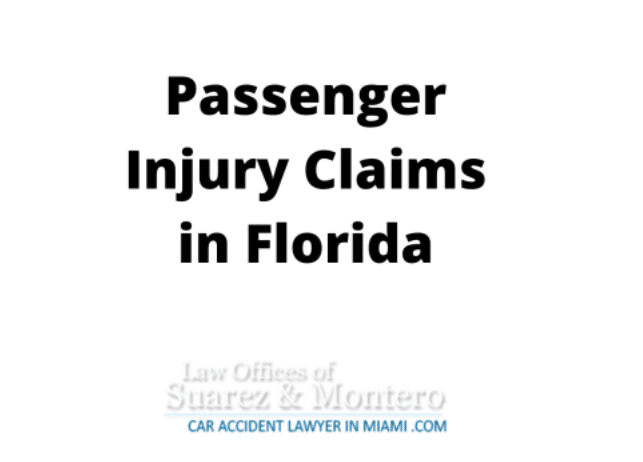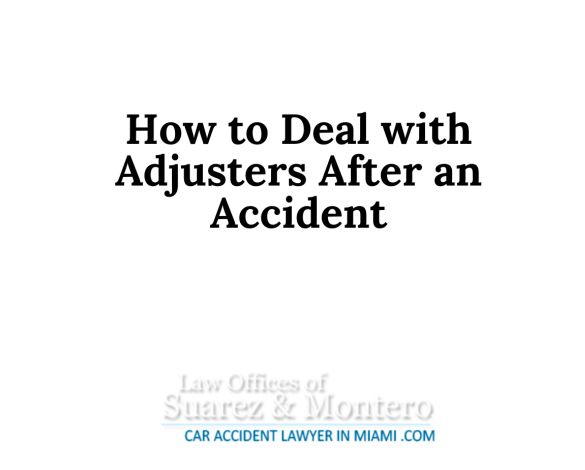
Why Did My Car Insurance Premium Increase?
The term “premium” means the consideration paid or to be paid to an insurer for the issuance and delivery of any binder or policy of insurance. An insurance premium is consideration for issuance of an insurance policy and is thus essential to the formation of an insurance contract. Any “assessment,” “membership,” “policy,” “survey,” “inspection,” “service” or similar fee or charge in consideration for an insurance contract is part of the premium. Premiums for insurance contracts issued in Florida or covering risks located in Florida must be paid in cash consisting of coins, currency, checks, or money orders or by using a debit card, or credit card. The time of payment of an insurance premium is ordinarily agreed on by the parties to the insurance contract. Most policies provide that it does not take effect until the first premium is paid, that provision is a condition precedent and the policy does not become effective until the premium is paid. The policy may expressly stipulate that nonpayment of premiums when due will affect a forfeiture. However, an insurer, by its conduct, may waive or be estopped to assert forfeiture for nonpayment of premiums.
Increasing Premium Costs for Car Insurance
Car insurance premiums change for the same reasons that the price of other goods and services you buy change. Auto insurance companies incur the same costs you do in buying goods and services, and these costs can impact your auto insurance premium. Costs that can affect the price you pay for auto insurance may include: the costs associated with treating injuries, the costs associated with repairing vehicles after an accident, the costs of adjusting and resolving insurance claims and disputes, inflation, and coverage for uninsured or underinsured drivers to name a few. Although car insurance companies can’t directly control these costs, they keep an eye on them to see how they are affecting the costs of the claims being paid. As changes occur, insurance companies adjust premiums to reflect these new or increased costs. These costs can affect your auto insurance premium whether or not you have recently reported a claim. Changes you make to your auto insurance policy or coverage may also change the premiums. Adding or removing a driver, buying a new car, moving to a new location or changing how you use your car may influence the cost of your auto insurance. Most drivers know that tickets and accidents can raise your car insurance premium. But even if you haven’t been in an accident or received a ticket, there are other factors that can still affect the cost of your auto insurance. Making a change to your policy can have an impact on your auto insurance rate. For instance, adding a driver will likely increase the cost of the policy, especially if the new driver is a teenager. Moving to a new residence may also affect the cost of your policy. It all depends on the rate of traffic accidents, thefts, and vandalism claims in your specific area and this can affect your premium either negatively or positively. Your premium may also increase if you’ve recently switched vehicles. The more your vehicle is worth, the more it will cost to insure. However, automobiles with features like anti-lock brakes, airbags, and anti-theft devices may lower your premium.
What can I do to keep my car insurance premiums low?
In order to keep your car insurance premiums low, try driving a safer, slightly older, or less valuable car. If you have a high premium but don’t want to change cars, you can also opt for a higher deductible and be sure to keep your policy from lapsing to keep costs down. The easiest way to keep your rates low without changing vehicles or spending money is to maintain a safe driving record. Avoid moving violations like speeding and reckless driving. Ultimately, remember to drive the speed limit, drive cautiously, and buckle up – this will help you avoid getting ticketed, which will leave a mark on your record that typically lasts three years in most states.
Contact an Experienced Personal Injury Attorney Today!
There is no replacement for quality legal advice after being involved in a car accident. The car accident attorneys at Suarez and Montero would love to have an opportunity to explain the law in Florida to assist you in presenting a strong claim against the at fault party. Every firm is distinctive and auto accident victims have needs that are also distinct. needs are different. The Florida auto accident attorneys at Suarez & Montero encourage you to reach out so that we can explain more about the different ways that our law firm and attorneys can provide legal help and guidance after an auto accident. Make an appointment with us at one of our many locations. Remember, we work on a contingency basis so you will owe us nothing If we are unable to obtain successful results for your case. The attorneys at Suarez & Montero can meet with you to discuss further. always available to talk with you and answer your questions. Our skillful attorneys are genuinely committed to our clients. We will fight to make sure that you get the maximum amount of compensation owed to you. Let us help you get the medical care you need and fight to make sure you are compensated for your injuries! Our attorneys are ready to provide proven legal representation in pursuing your claim and stand ready to protect your rights. We are available 24/7 to give you a free, no risk case consultation.
We serve clients throughout Florida including those in the following areas:
Miami-Dade: Aventura, Coral Gables, Doral, Fontainebleau, Hialeah, Homestead, Kendall, Miami, Miami Beach, Miami Lakes, North Miami, Tamiami, and Westchester.
Broward: Fort Lauderdale, Hallandale Beach, Hollywood, Pembroke Pines, and Weston; and Palm Beach County including Boca Raton, Lake Worth, and West Palm Beach.
The Law Offices of Suarez & Montero Car Accident Attorneys represents accident victims injured in various types of accidents including:
• Distracted Driving Accident Lawyers
•Drunk Driving Accidents
• T-Bone Car Accidents
• Road Rage Car Accidents
• Head-on Collisions
• Rollover Accidents
• Rear-end Car Accidents
• Left Turn Accidents
• Failure to Yield Car Accidents
• Sideswipe Accidents
• Merging Accidents
• Lane Change Accidents
• Construction Zone Car Accidents
• Truck Accidents
• Semi-Truck Accidents
• Bicycle Accidents
• Train Accidents
• Pedestrian Accidents
• Boating Accidents





